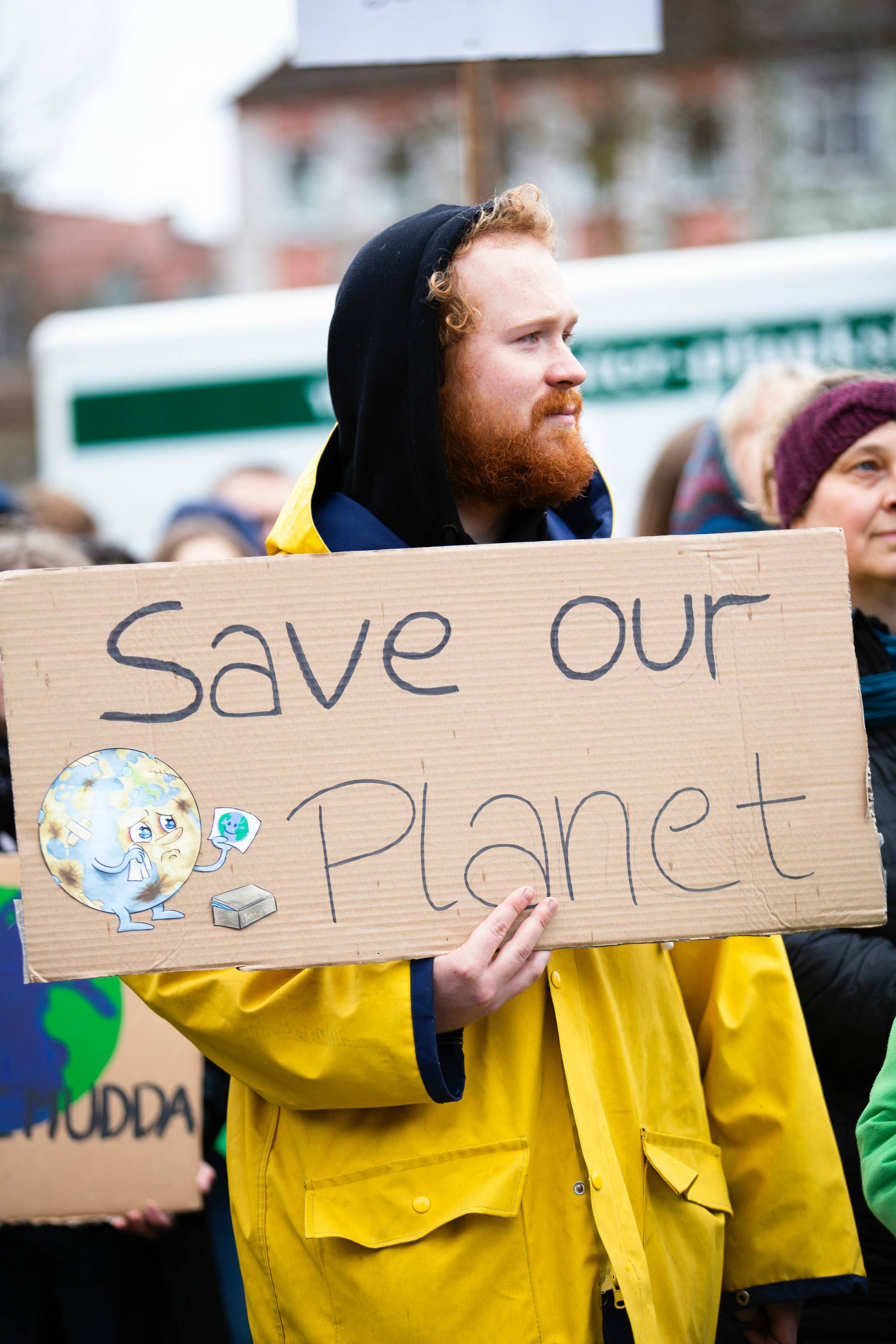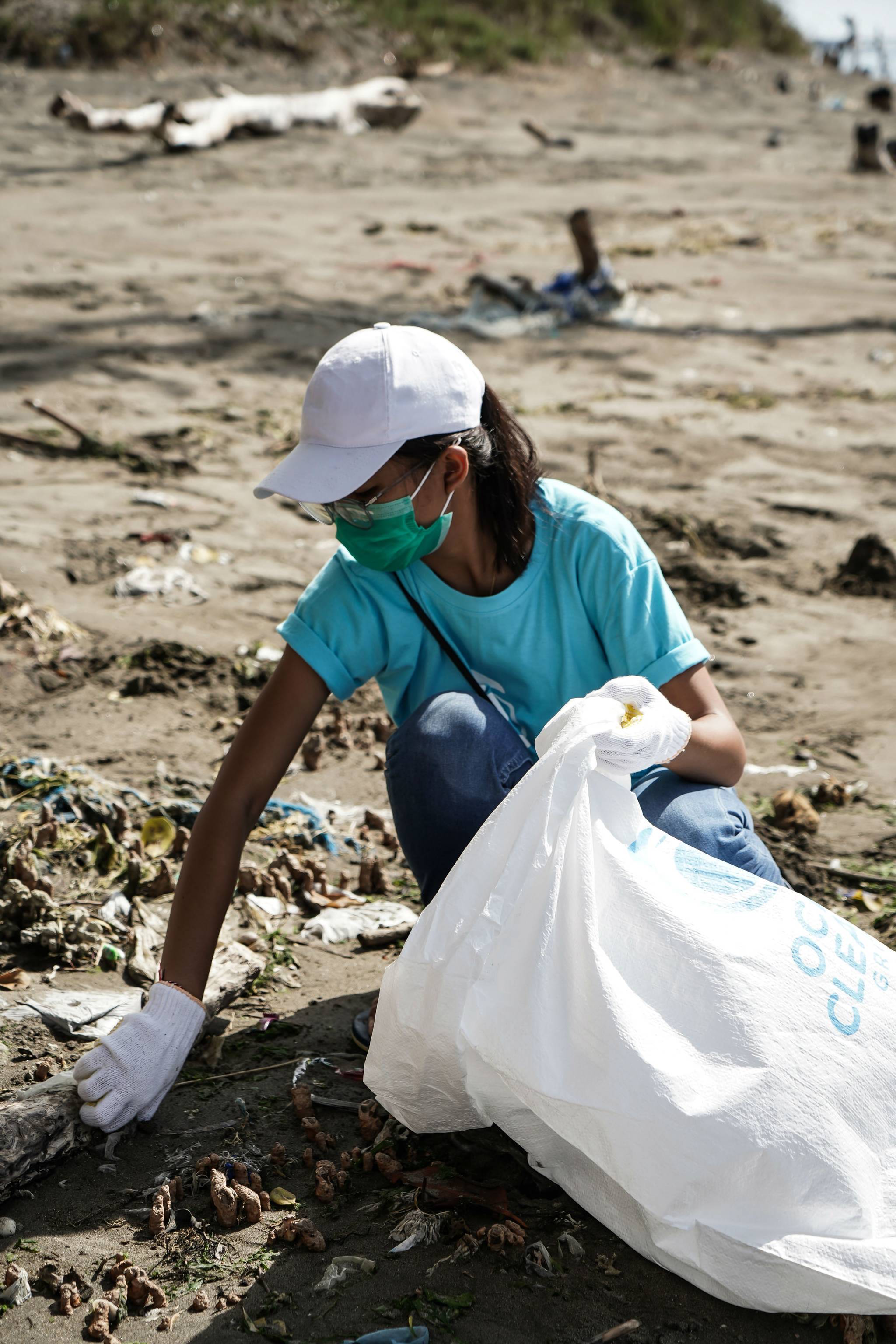
While 80% of adults are concerned about human-induced climate change, and most say they’re willing to make big and small sacrifices to help mitigate global warming, many people don’t know how to act. Half of adults say a lack of knowledge is a key barrier. We explore the insights behind how a climate-literacy gap is overriding people’s good sustainability intentions.
VICE Media Group, which surveyed adults in the US, UK, Denmark, Spain, and India, finds that, despite widespread concern and a sense of personal responsibility, adults say individual citizens are almost as responsible for the health of the environment as the government. More than two-thirds of people say the price of sustainable goods prevents them from being more environmentally friendly and 57% say there is a lack of products and options. Half say it is a lack of knowledge and information that gets in the way, and 44% say their own lack of motivation and investment prevents them from making more of an effort.
The survey also finds that many of the terms associated with climate change are a source of confusion; for example, 56% of people say they know what ‘fast fashion’ means but only 27% of respondents know the real definition. There was a similar literacy gap for the terms ‘carbon-offsetting’, ‘carbon-negative’, and ‘circular economy’. The most well-understood term is eco-friendly. According to Dr. Ezra Markowitz, a professor at the University of Massachusetts Amherst, different types of eco messaging have a huge impact on behaviours and the tendency to share comms with a negative tone can backfire.
Katy Young is a senior behavioural analyst at Canvas8, which specialises in behavioural insights and consumer research. She has a degree in American Studies and Film, and a Master’s in Journalism. Her interests include wild swimming, thinking of podcast ideas, and singing in an all-female choir.



